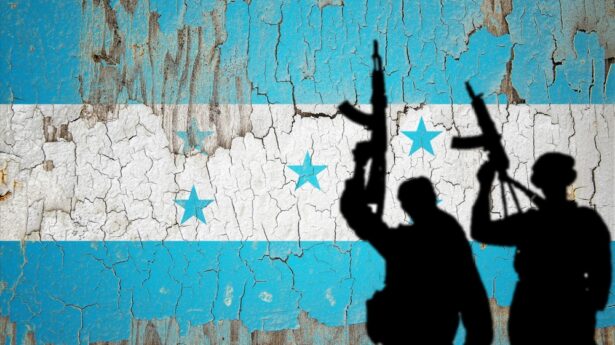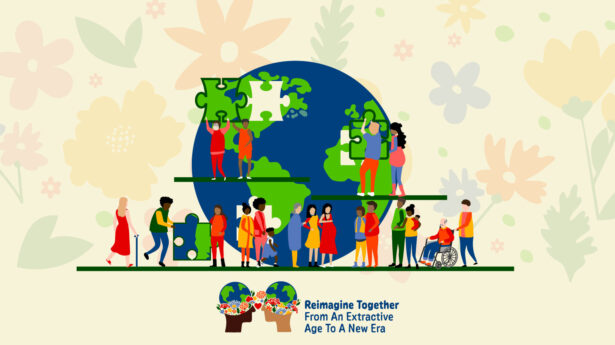The Unitarian Universalist Service Committee advances human rights through grassroots collaborations.
2015 Highlights
December 20, 2015
Thanks to the support of advocates for justice like you, UUSC has relentlessly pursued justice and the advancement of a host of human rights over the past year. UUSC partners with locally led grassroots organizations that have deep connections to individuals and communities facing vast violations of their rights due to race, class, gender, sexual orientation, refugee status, and other aspects of who they are. Together, UUSC and these partners work to end entrenched systemic inequality and social, political, and economic exclusion, often in the midst of rapidly evolving humanitarian crises.
Check out our 2015 highlights below and please make a gift to ensure this work continues in 2016! You can also click here to download a PDF of 2015 annual report.
Promoting economic justice
- Supported national day of action in solidarity with Darden restaurant workers by rallying local ministers and UU advocacy networks in California and Maryland
- Filed a shareholder resolution at Darden that would require greater transparency and accountability concerning Darden’s political spending at local, state, and federal levels
- Benefitted 5,000 people directly and 15,000 people indirectly, all in the informal economy, through leadership development, capacity building, and awareness raising about the rights of people with disabilities
- Supported the creation and distribution of a comic book to educate youth and adults about food chain workers
- Supported training for 500 restaurant workers, an expanded network of 200 responsible restaurant employers, and three new training facilities for U.S. restaurant workers
- Initiated series of trainings that will each empower 36 workers to advocate for the Good Food Purchasing Policy, which benefits low-income students and senior citizens
- Petitioned the Darden restaurant group, pressuring them to adopt the Good Food Purchasing Policy principles in their food procurement
Protecting rights at risk
- Responding to the refugee crisis in the Middle East and Europe
- Partnered with the Trauma Resource Institute (TRI) to train nearly 900 people in the Philippines affected by Typhoon Haiyan in teaching and leading more than 5,000 others in trauma resiliency skills
- Trained agrarian reform communities in the Philippines on organic farming and livestock raising
- Completed construction of a sixth eco-village in Haiti as well as the first phase of a school for children of the eco-villages
- Continued supporting the Urban Food Gardens project in Haiti, which trained another 140 families to build food gardens
- Celebrated the passage of the Assessing Progress in Haiti Act into law and gathered more than 800 supporter signatures for a thank-you to legislators
- With more than 4,500 UUSC supporters, petitioned the Obama administration to release asylum-seeking children and their mothers from immigration detention and worked with partners to support these families
- Provided assessment and services to 400 people with disabilities affected by Cyclone Pam in Vanuatu and ensured that disabled citizens had equitable access to relief materials
- Provided temporary classrooms and supplies to enable 2,300 students to return to school following the Nepal earthquake
- Mobilized community-based volunteers in Nepal to assist earthquake-affected communities, reaching 15 districts, 112 communities, and 23,271 households
- In partnership with TRI, trained 92 frontline service providers in Nepal with the capacity to assist over 13,000 survivors with psychosocial support
- Supported 200 farmers in Northern Shan state in Myanmar, also known as Burma, through a credit union project that reached 5,000 community member beneficiaries
- Provided Rohingya refugee communities in Thailand with shelter, access to education, and other emergency support
- Together with TRI in Turkey, trained nongovernmental organization workers in trauma resiliency skills to assist Syrian refugees, with an expected 800 beneficiaries
- Supported a local foundation and community shelter in Burundi that provided assistance to women and children during the violence that erupted before the June elections
- Working in tandem with the UU College of Social Justice, organized 17 volunteers who spent up to 1,880 hours assisting asylum-seeking families with a partner in Texas
Defending the human right to water
- Participated in hearings on the human right to water held by the Inter-American Commission on Human Rights
- Facilitated a fact-finding visit to Detroit, Mich., by the U.N. special rapporteurs on the human rights to water and housing, with visits to families affected by water shutoffs
- Supported a legal case in which the Mexican court ruled the city and country are required to fully implement the human right to water
- Advocated for water affordability in Boston, Mass., where Mayor Marty Walsh announced a 30% discount on water rates for low-income seniors and individuals with disabilities
- Participated in first-ever consultation on human rights and the environment held by the U.S. government and attended by several federal agencies
- Organized more than 1,400 UUSC supporters to contact President Obama and urge him to veto approval of the Keystone XL pipeline
Responding to climate change
- Collaborated with seven other organizations to form Commit2Respond, a coalition of people of faith and conscience taking action for climate justice
- Raised more than $17,000 during Climate Justice Sunday to help communities in California and Kenya protect their human right to water
- Took part in Commit2Respond’s Climate Justice Month, which succeeded in getting 3,200 individuals and more than 170 organizations and faith communities to join Commit2Respond
Facilitating transformative learning through the UU College of Social Justice
- Conducted a total of 15 journeys — grounded in worship, study, and reflection — for congregations and individuals to Haiti, India, Mexico, and U.S. destinations, with 166 participants
- Engaged 90 youth participants in Activate justice trainings for high school age students, including a program focused on climate justice
- Adapted service-learning programs for youth groups in New York and at the U.S.-Mexico border
- Placed 12 college-age young adults with justice organizations through an internship program, including four in India

